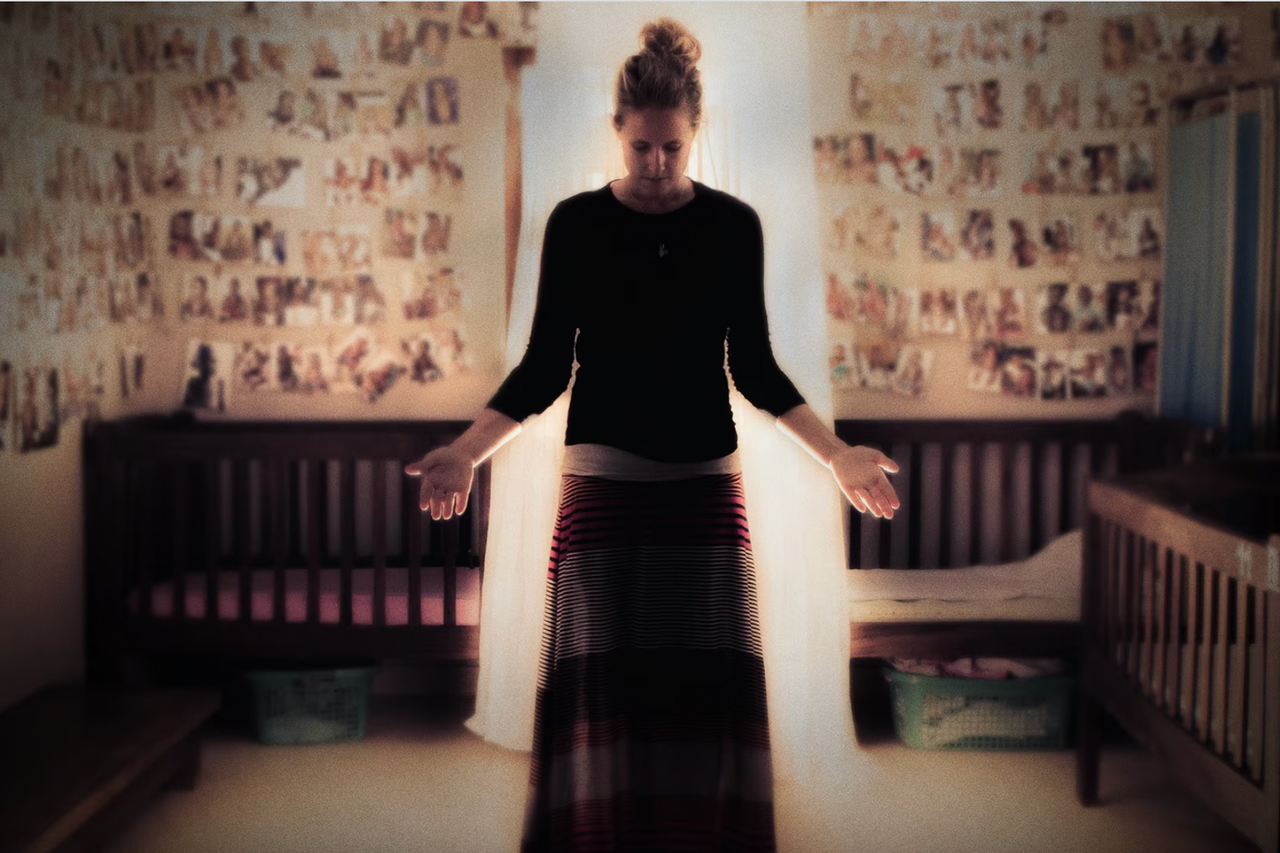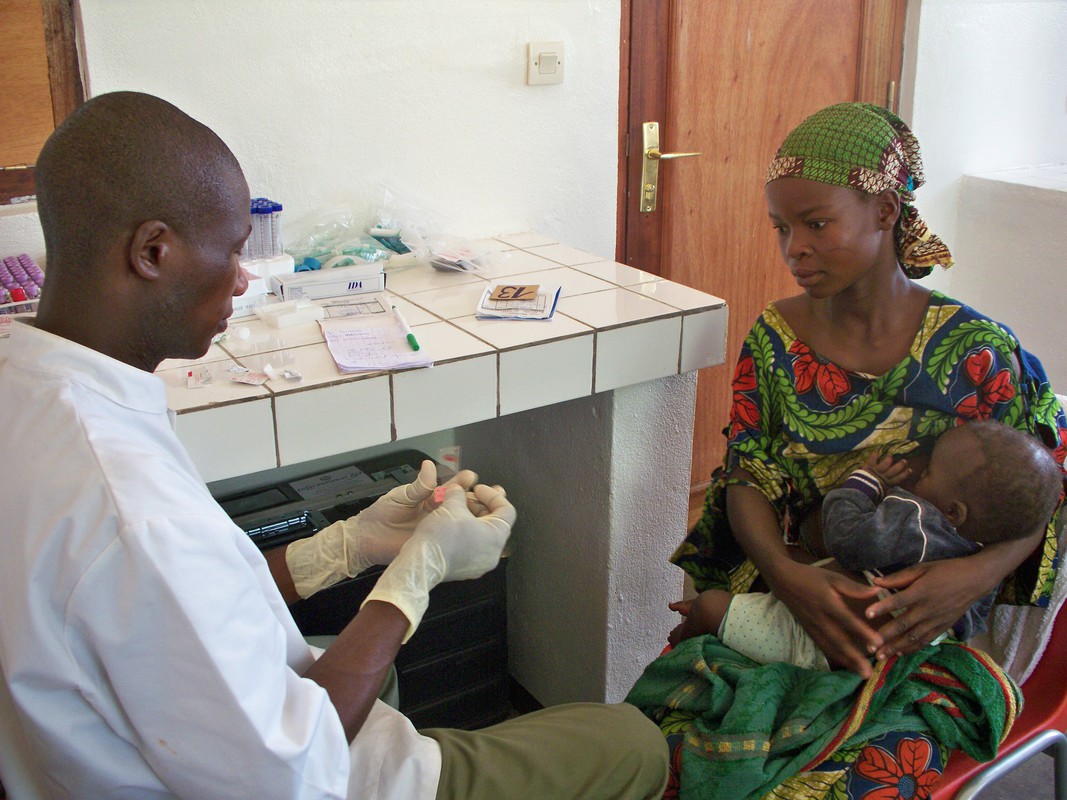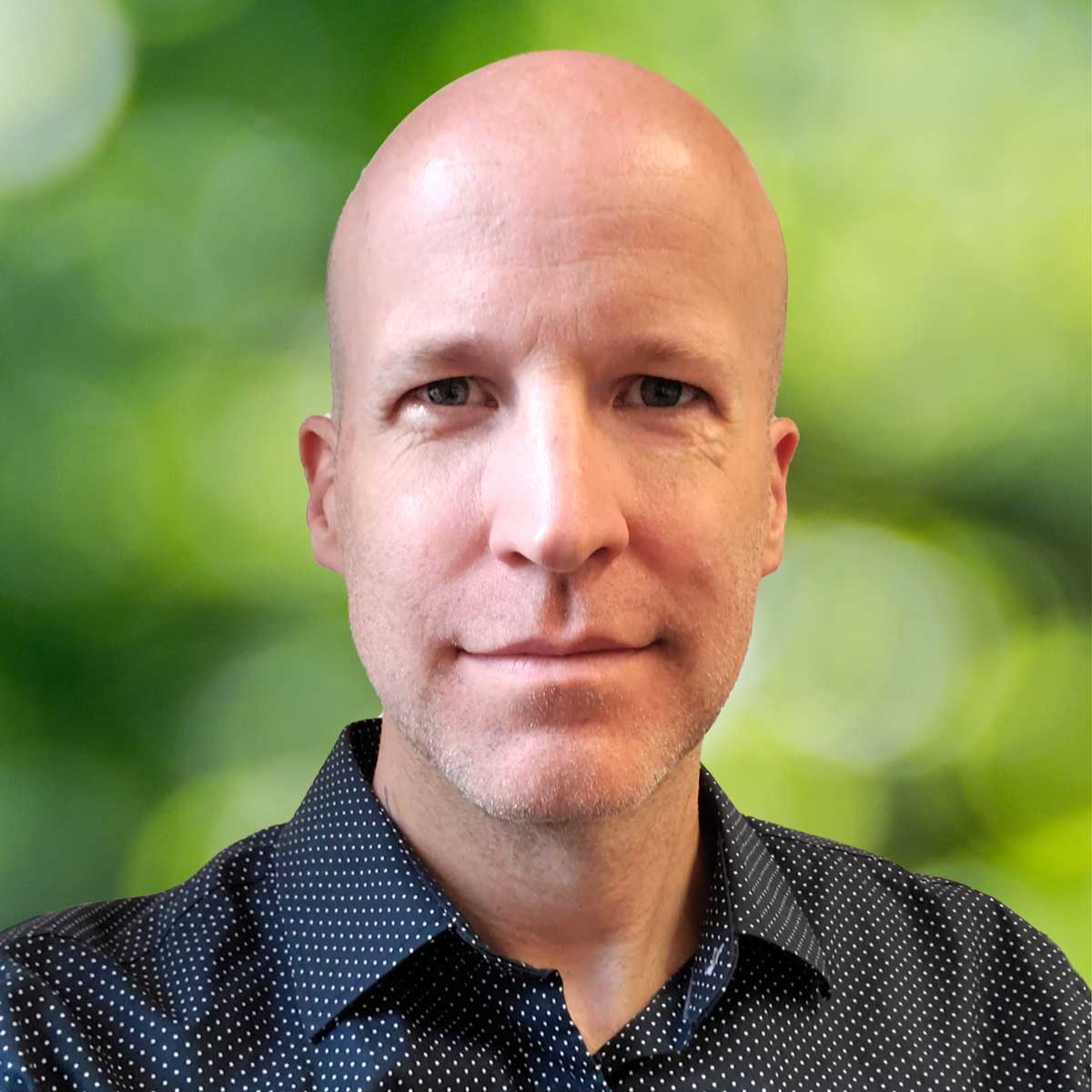
Oct 26, 2023
What We Need to Learn from HBO's "Savior Complex"
In the HBO Documentary series “Savior Complex,” we witness the story of Renee Bach’s well-intentioned yet misguided attempt to help malnourished children in Uganda. The series producers do a remarkable job of peeling away the complex layers of Bach’s good intentions and gross missteps, as well as the necessary (if sometimes sensational) condemnation she received from No White Saviors activists.
The series is well worth the time to watch and absorb.
As the White, male executive director of another Christian nonprofit focusing on low- to middle-income countries, I watched this documentary in part to learn how organizations like LPGM can better walk alongside our partners and their programs.
Here are some of my takeaways:
Bach was right to care about malnutrition in Uganda.
Renee Bach’s compassion for malnourished children in Uganda is commendable. Her concern aligns with the biblical evidence that God cares about people, especially those who are suffering. The Bible is full of stories that demonstrate that our lives matter, from the beginnings of creation (Genesis 1), through the Law (e.g. Deuteronomy 10:17-18), the prophets (e.g. Micah 6:8), the life of Jesus and the letters of Paul.
People around the world are suffering, without enough nutritious food to eat, without the resources to provide for their families, and without the opportunities they need to thrive. It is clear from scripture that, in response to God’s love, we are called to love one another (1 John 4).
And not only are we called to love one another, it is also clear from scripture that it is often "the other" who most understands and bears the word of God.
“All too often we look for God in the wrong places. We think we will find God’s Word within places of safety, security, and economic prosperity. Yet, time and time again, the gospels tell us that God’s Word does not dwell there. The Word of God dwells among the humiliated, oppressed, despised, and forsaken.” (Elizabeth Vasko, Beyond Apathy: A Theology for Bystanders)
The problem with Bach’s approach lies not in her care, but in how she responded.
God’s Call isn’t a Substitute for Expertise and Education.
“God doesn’t call the qualified; God qualifies the called” was a repeated litany throughout the first episode. It was clearly part of Bach’s psyche as she founded and developed Serving His Children.
While this phrase is not directly from the Bible, it draws inspiration from biblical narratives like the calling of Moses, Jeremiah, and Jesus’ disciples:

Jeremiah, by Theodor Galle after Jan van der Straet (1613)
“Then I said, ‘Ah, Lord God! Truly I do not know how to speak, for I am only a boy.’ But the Lord said to me, “Do not say, ‘I am only a boy,’ for you shall go to all to whom I send you, and you shall speak whatever I command you.” (Jeremiah 1)
However, it’s crucial to recognize that these callings did not require a highly technical skill. Rather, these prophets and disciples were called to follow God and speak the truth (the word of God) to powerful leaders who oppressed God’s people.
Recognizing our own skills and limitations is vital for those desiring to serve God’s creation and people. We are all underqualified to speak God’s word, but that is not the same as being underqualified to perform complex medical procedures.
In every country, there are highly skilled local people doing amazing work.
"She presented herself to them as someone who can save them." - Primah Kwagala, Women's Probono Initiative, Uganda
“Savior Complex” highlights a local clinic in Jinja, Uganda, staffed with certified doctors and nurses caring for malnourished infants and children. It’s clear from the beginning that the clinic doesn’t have the resources to care for the many children who need it.
Bach’s decision to start Serving His Children was, in part, due to the clinic’s capacity issues.

Local staff attends to a mother and her infant child at the Emmanuel Health Center in Gallo, Central African Republic. This clinic was built with LPGM funding through a partnership with the Evangelical Lutheran Church in the Central African Republic (ELC-CAR).
It raises the question, however, of whether her passion and charisma could have been better used to raise funds for the underfunded local hospital. Trusting skilled, educated local individuals to continue their excellent work very well may have been a more effective approach. Bach has had a powerful voice in the U.S. Using her influence to showcase the remarkable work being done by Ugandans would have been more empowering than self-promotion.
We must contend with the legacy of colonialism.
“When she heard there was a mzungu [white person] she said, ‘Oh, ha! I’m going to be saved!”
White, American Christians must confront the sin of colonialism when engaging with non-white communities. The intertwined history of European colonialism, American exceptionalism, and Christian missionary activity has created harmful imbalances of wealth and power. Acknowledging these imbalances—and the expectations that are created because of them—is crucial when engaging in these regions.
We Can Begin by Listening
We can begin to confront this legacy by recognizing the inherent dignity and worth of all people. We must grapple with the conscious and unconscious biases we’ve been taught, and intentionally acknowledge and listen to the expertise of local people.
When we truly listen to the voices of our neighbors, and respond to their needs and priorities, then we can start to build relationships that transform the boundaries that sin has created.
Learn more about how LPGM works with global partners to listen, respond, and bear witness to local needs and priorities.

The Rev. Dan Ruth
Executive Director
Dan is passionate about helping people see where God is at work in the world. With experience in international development and nonprofit communications, Dan focuses on helping create the most meaningful outcomes or impact.






